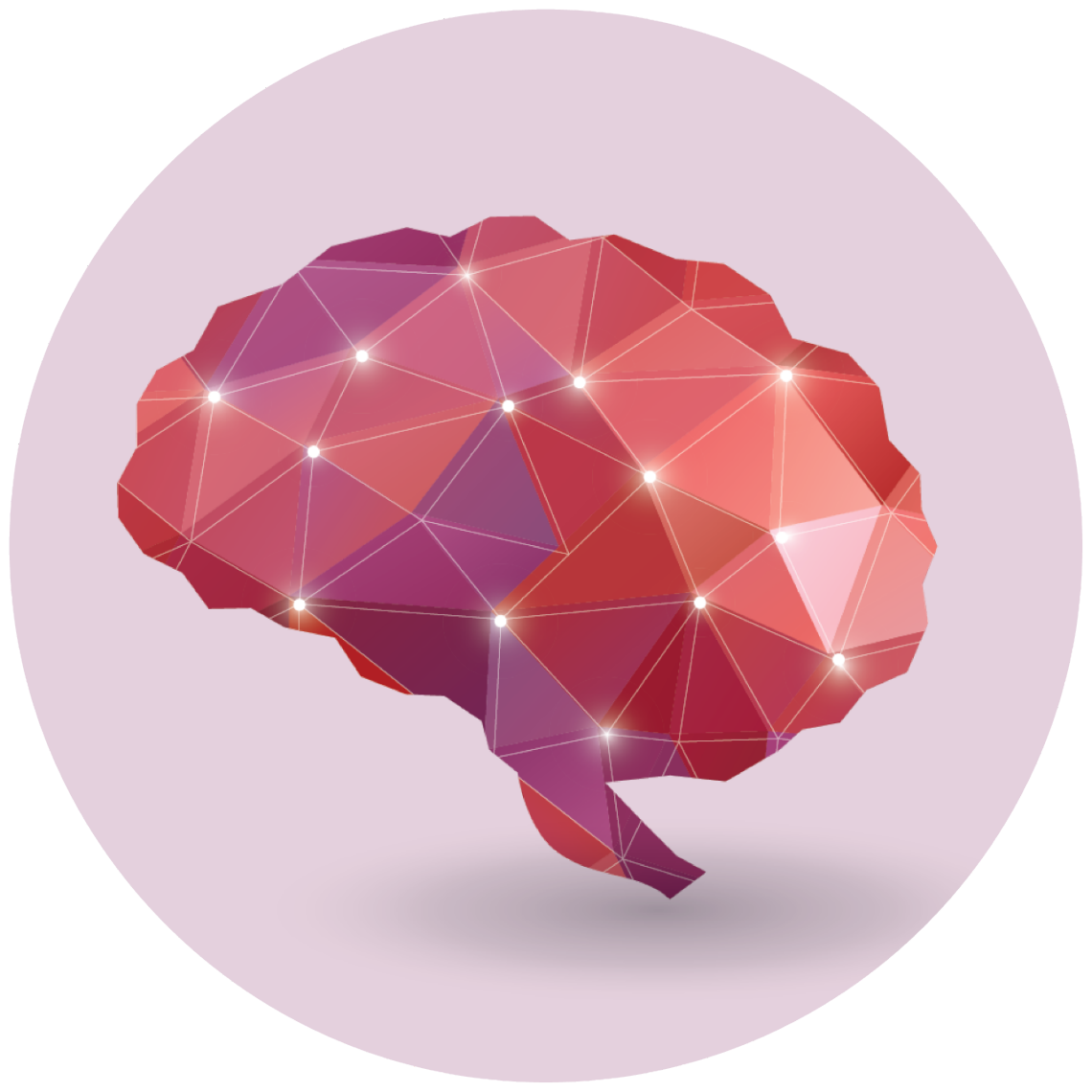AARP Hearing Center


Feeling overwhelmed with all the healthy practices you should adopt? Not enthusiastic about following what seems like the training schedule of an elite athlete or carefully measuring your intake of leafy greens and protein? What if you could do something in under 10 minutes to make a difference for your memory and overall brain health?
We found 10 microhabits, or mini moves, that studies show may improve memory or processing speed, which is the time it takes your brain to take in, interpret and respond to information. No special equipment or expensive medications needed.
1. Move after meals
A five-minute walk after a meal can help keep blood sugar levels from spiking, and avoiding diabetes is one of the most important things you can do to support your brain health. In a review of seven studies among healthy adults, a light-intensity stroll after eating made a positive difference for blood sugar and insulin levels.
2. Try cyclic sighing
Stanford researchers found that five minutes of a simple type of breathing, two short breaths in through the nose followed by one slow exhale through the mouth, led to good feelings — energy, joy and peacefulness — and less anxiety. One or two of these sighs may be quickly calming, but to get the full effect, five minutes a day is ideal, says Dr. David Spiegel, director of Stanford’s Center on Stress and Health.
3. Reach for the floss
Devote two minutes to daily flossing and you’ll lower your risk of stroke, according to a study that followed more than 6,200 people over 25 years. Overall rates of ischemic strokes, the type caused by a blockage in a blood vessel, were 22 percent lower for those who flossed than for nonflossers. “To me, it’s impressive that a simple preventative measure can lead to such improvements,” says Dr. Souvik Sen, study author and chair of the neurology department at the University of South Carolina School of Medicine. Flossing can be practiced by everyone, he says. “It’s not too late to start.”






































































More From AARP
Take the Cognitive Assessment
Find out how you perform today in five key areas, including memory and attention
How Lifestyle Impacts Brain Health
Large study shows role of exercise, diet and social stimulation as you age
Regional Influence on Dementia Risk in the U.S.
Rates are lowest in the mid-Atlantic and highest in the Southeast